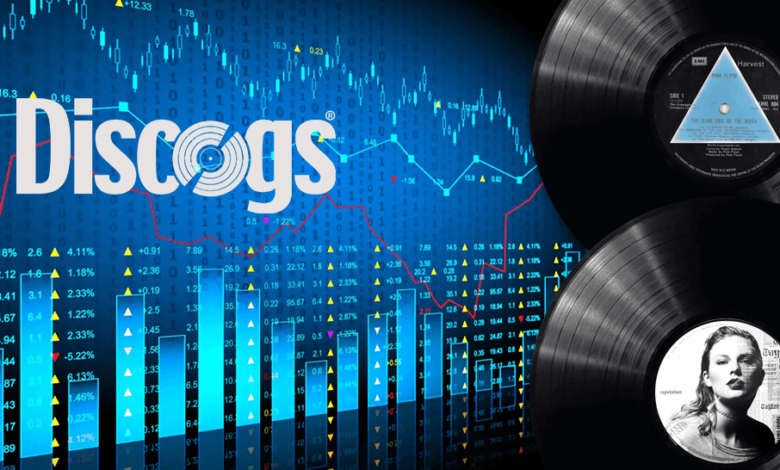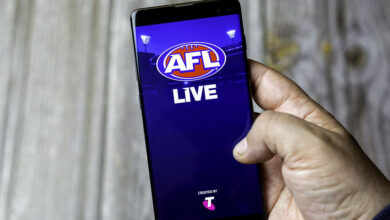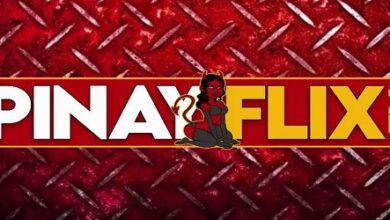Discog Define: The Essential Guide to Music Cataloging and Collecting

In an era where streaming services dominate the musical landscape, the art of collecting physical music may seem like a nostalgic endeavor. Yet, for passionate audiophiles, DJs, and collectors around the world, cataloging and preserving music—whether on vinyl, cassette, or CD—is a vital and deeply rewarding pursuit. At the heart of this global movement is Discogs, the premier platform for music cataloging, discovery, and marketplace exchange. Discog Define: The Essential Guide to Music Cataloging and Collecting explores how Discogs has revolutionized the way we organize, buy, sell, and appreciate recorded music.
What Is Discogs?
Discogs (short for “discographies”) is an online database and marketplace created in 2000 by programmer and music enthusiast Kevin Lewandowski. Originally designed to catalog electronic music records, it quickly expanded to encompass all genres and formats. Today, it is the largest user-generated database of recorded music in the world, with millions of contributors adding releases, correcting data, and building collections.
Whether you’re a casual listener or a seasoned record collector, Discogs provides the tools to keep track of your collection, identify rare editions, and connect with others in the music community.
Why Cataloging Music Matters
Cataloging your music collection goes far beyond simple organization. It serves several important purposes:
- Preservation of History: Every release has its story—different pressings, cover variations, release years, and regional editions. Cataloging helps preserve these nuances for future generations.
- Valuation and Insurance: Discogs provides real-time market data based on actual sales, helping collectors understand the value of their collections.
- Inventory Control: Whether managing a personal library or a record shop, having a clear, searchable inventory is crucial.
- Community Contribution: By cataloging new releases or updating incomplete listings, users help build a more comprehensive global music database.
Key Features of Discogs
- Collection Management
Users can build a virtual shelf of their physical music collection. You can tag, rate, and add notes to each release, enabling deep personalization. - Wantlist Functionality
Looking for that elusive 1987 Japanese pressing of your favorite album? Add it to your wantlist, and Discogs will alert you when it becomes available from sellers worldwide. - Marketplace Integration
Discogs functions as a global record store. Sellers list their inventory with pricing data, condition grading, and shipping options, making it easy to buy or sell rare and common releases alike. - Database Contributions
The power of Discogs lies in its crowd-sourced model. Users contribute to and maintain release pages, ensuring the accuracy and breadth of information across formats and genres. - Sales History & Pricing Guide
Each release page shows the historical sales data, giving users insight into current market trends and fair pricing—a must for collectors and resellers.
Best Practices for Music Collectors on Discogs
- Use Standard Grading: Follow Discogs’ grading system (e.g., Mint, Near Mint, VG+) to describe the condition of records and sleeves accurately.
- Verify Matrix Numbers: When cataloging vinyl, check the runout grooves for matrix numbers to confirm editions.
- Contribute Wisely: If you’re submitting a new release to the database, provide detailed, verified information—photos, tracklists, release dates, and label data.
- Stay Organized: Use custom folders, tags, and notes to sort your collection by genre, era, or format.
- Engage with the Community: Join forums, follow sellers, and participate in discussions. The Discogs community is rich with knowledge and passion.
The Cultural Impact of Discogs
More than just a tool, Discogs has helped preserve the diversity and richness of music history. From underground punk tapes to obscure jazz reissues, the platform shines a light on recordings that might otherwise be forgotten. It also serves as a barometer for music trends, helping labels and collectors identify emerging demand for out-of-print or cult-favorite records.
For independent artists and small labels, Discogs offers a direct route to global visibility, bypassing traditional distribution channels.
Final Thoughts
Discog Define: The Essential Guide to Music Cataloging and Collecting is more than a how-to—it’s a tribute to the ongoing passion for physical music in a digital age. Whether you’re trying to organize a growing stack of records or seeking a rare treasure from across the world, Discogs is the essential companion for music lovers everywhere. With its powerful tools, engaged community, and ever-expanding database, Discogs proves that the physical music experience is not only alive—but thriving.
FAQs About Discog Define
1. What is Discog Define?
Discog Define is a guide designed to help music enthusiasts, collectors, DJs, and archivists understand how to use Discogs—one of the world’s largest music databases and marketplaces—for cataloging and collecting music. It offers insights, best practices, and expert tips for managing a physical music collection.
2. Is Discog Define an official Discogs publication?
No. Discog Define is an independent guide created to educate and support users of the Discogs platform. It is not affiliated with or endorsed by Discogs.com, although it references and explains the platform extensively.
3. Who is Discog Define for?
This guide is for:
- Vinyl and CD collectors
- DJs and music producers
- Record store owners
- Archivists and librarians
- Anyone interested in music cataloging and organization
4. Do I need a Discogs account to benefit from this guide?
While you can read the guide without an account, having a free Discogs account allows you to actively follow along, build your collection, create wantlists, and explore marketplace features.
Also Read: Antivirus Reedoor2.4.6.8: Protecting Your Digital World with Love and Care
5. What topics does Discog Define cover?
The guide covers:
- Setting up and navigating Discogs
- Adding and organizing your music collection
- Identifying different pressings and editions
- Using the marketplace to buy or sell music
- Contributing to the Discogs database
- Understanding vinyl grading and pricing
- Tips for collectors and sellers
6. Is this guide only for vinyl collectors?
No. While Discog Define emphasizes vinyl due to its popularity among collectors, the guide also covers CDs, cassettes, digital releases, and other formats supported by Discogs.
7. How accurate is the information on Discogs?
Discogs is a user-generated database, so accuracy depends on community contributions. However, there are moderators and strict submission guidelines to maintain quality. The guide explains how to verify information and contribute correctly.
8. Can Discog Define help me sell my collection?
Yes. The guide includes steps on how to list items for sale, grade them properly, ship to buyers, and use pricing data to determine fair market value.
9. Is Discog Define available as a downloadable guide or book?
Depending on the publisher or source, Discog Define may be available as an eBook, PDF, or printed version. Check the official page or online platforms for availability.
10. How do I get started with cataloging my collection?
Start by creating a free Discogs account. Use the search bar to locate your releases by barcode, catalog number, or title. Add them to your collection, and let Discog Define guide you through organizing, tagging, and maintaining your catalog.




